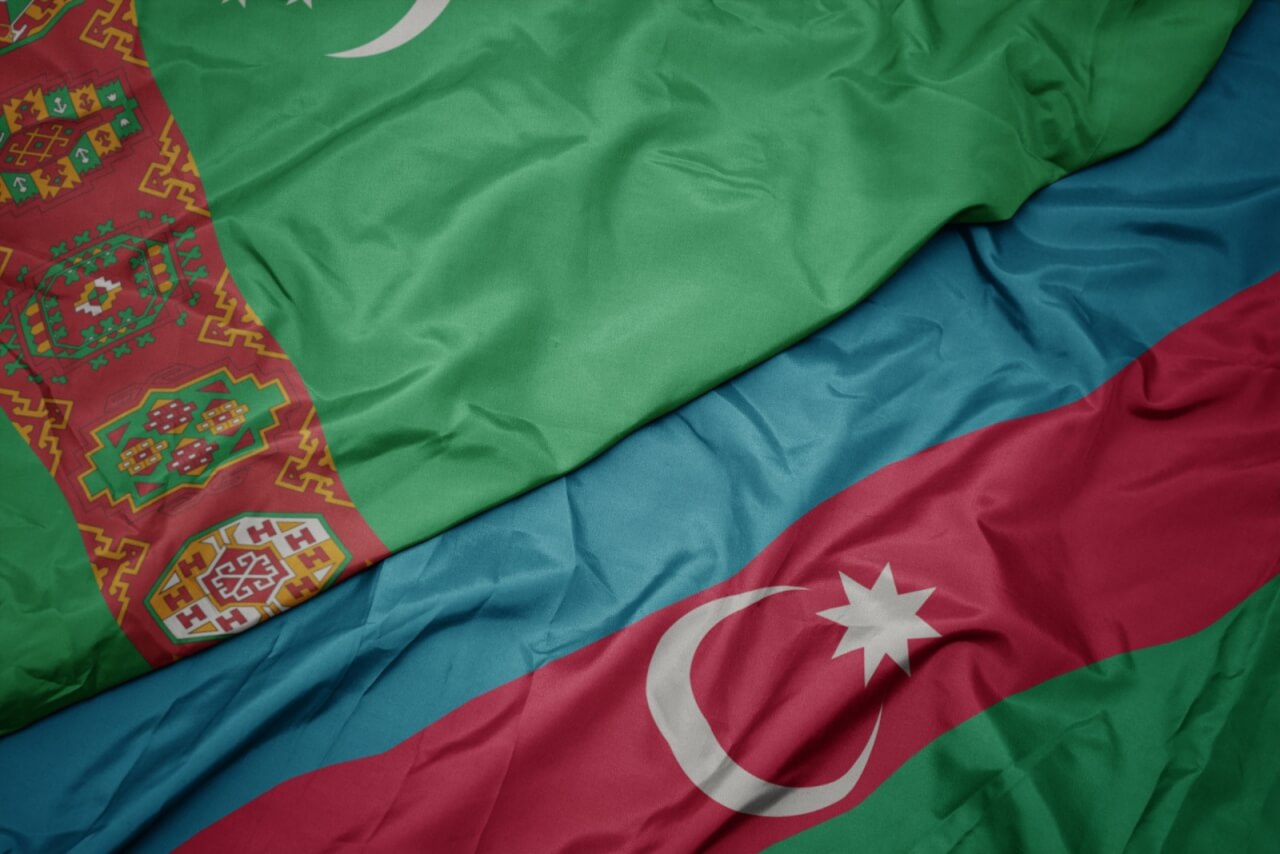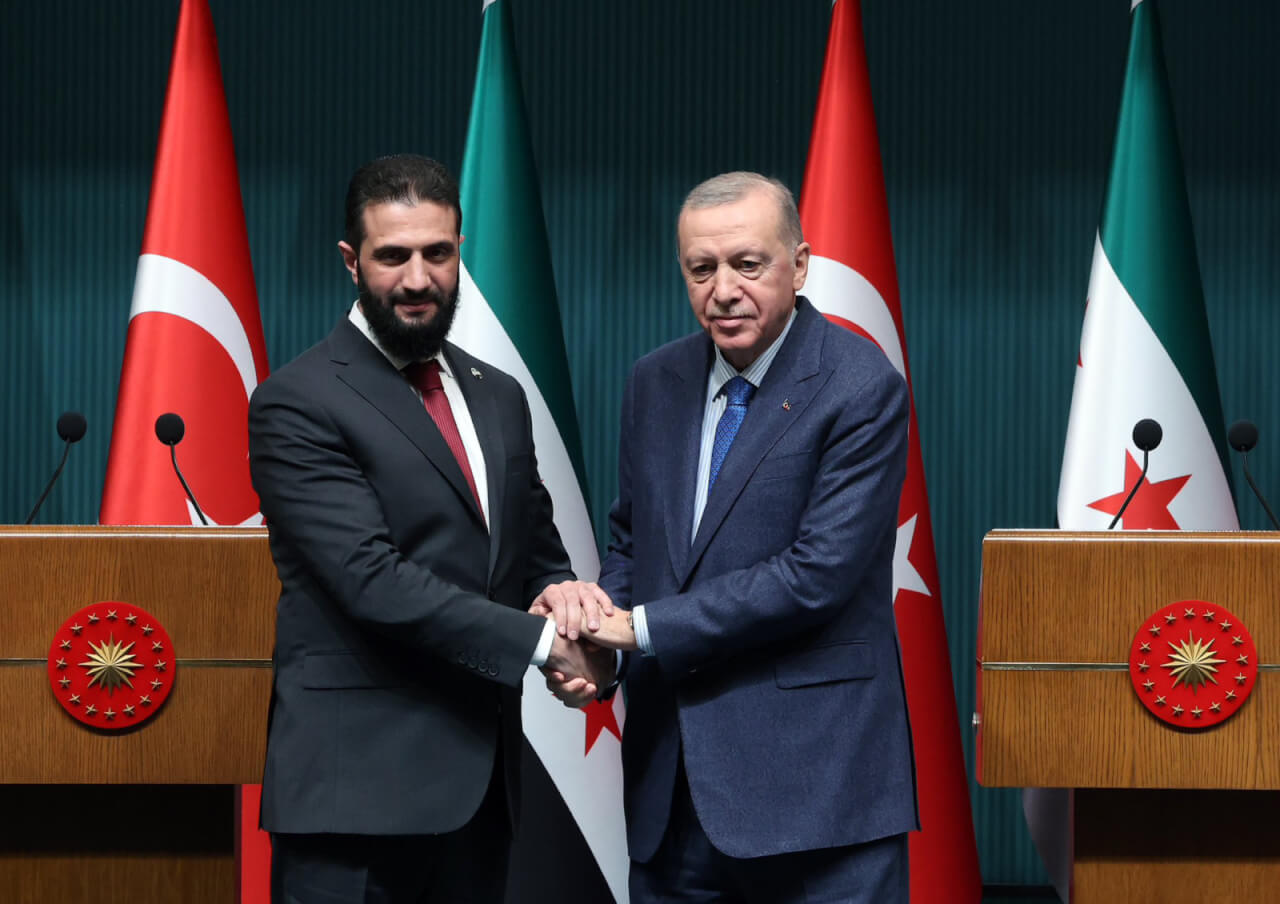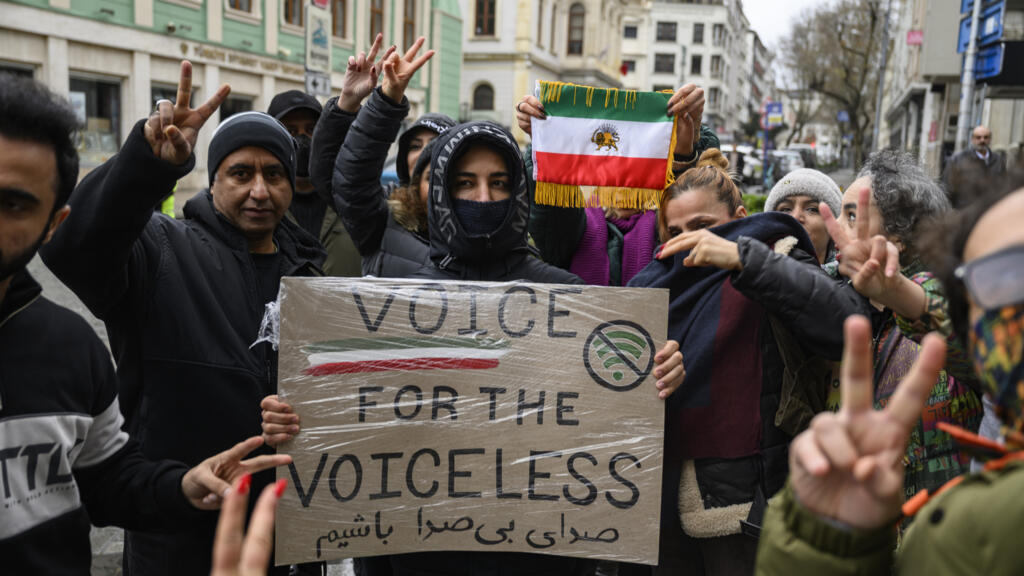A constitution is not merely a legal framework—it is the embodiment of a nation’s social contract, its shared vision for the future, and the anchor of its political legitimacy. Across the modern world, many countries have attempted to shape their constitutions not through ethnic identity but rather through the principles of equal citizenship, the rule of law, and universal rights.
This ideal has not always been achievable. Tensions, exclusions, and historical injustices continue to reverberate, particularly in developing and multi-ethnic societies. As a result, demands for ethnic representation, sectarian quotas, and constitutional recognition of identity groups have become increasingly visible.
These demands are often rooted in legitimate grievances—decades or even centuries of exclusion, assimilation pressures, and uneven power structures. Yet the solutions put forward—namely, ethnicity-based constitutions—have, in many cases, failed to resolve those injustices. Worse, they have paralyzed governance, eroded social cohesion, and stalled economic progress.
A similar debate is now quietly unfolding in Türkiye. Rather than a transparent public dialogue, the process is taking shape through piecemeal moves and silent constitutional revisions. Proposals include appointing vice presidents based on ethnic or sectarian identity, redefining the founding “social contract” as a partnership between Turks, Kurds, and Arabs, and constructing a new constitutional structure based on ethnic representation.
At first glance, such initiatives may seem inclusive—even reconciliatory. But history offers sobering warnings. If implemented, they could lock up state institutions, weaken economic stability, and fracture the social fabric.
What Does History Tell Us? Six Cautionary Lessons
These models are often seductive, promising to heal old wounds. But global experience shows that they rarely deliver on that promise. Instead, they frequently generate structural instability:
1. Crete (1878–1897): Under the Ottoman Empire’s Halepa Charter, a dual Christian-Muslim governance model was introduced, with two official languages and shared executive powers. But this diluted Ottoman legitimacy led to the forced departure of the island’s Turkish population and ultimately ended in Crete’s annexation by Greece. As my friend İbrahim Yüncü, whose family hails from Crete, often says, what began as equal representation ended in ethnic domination.
2. Cyprus (1960): The Republic of Cyprus was established as a binational state between Turkish and Greek Cypriots, with a Greek president, a Turkish vice president, and a carefully divided cabinet. Within three years, the system collapsed under armed pressure from the Greek majority. Today, the island remains divided under UN supervision, and a viable two-state solution remains elusive.
3. Lebanon: With a confessional system distributing power between Maronite Christians, Sunni Muslims, and Shiites, politics became a game of sectarian bargaining. This fostered the rise of non-state actors like Hezbollah, accelerated economic collapse, and left the public trapped in cycles of poverty and dysfunction.
4. Bosnia and Herzegovina: Under the Dayton Agreement (1995), Bosnia was restructured around a tripartite presidency with mutual veto powers for Bosniaks, Serbs, and Croats. The result? Chronic deadlock. Even EU development funds are stalled by ethnic bureaucracy. Peace exists, but governance is paralyzed.
5. Iraq: In post-Saddam Iraq, a federal system was adopted with input from foreign consultants, granting semi-autonomy to the Kurdish region. It has led to endless conflict over oil revenues, military control, and the status of Kirkuk. Iraq’s reintegration is now practically impossible. Similar federal templates are being promoted for Syria, Libya, and Sudan—with similarly divisive consequences.
6. Belgium: Even within the EU, Belgium’s federal divide between Flemish and Walloon communities has created repeated dysfunction. Between 2010 and 2011, the country went 541 days without a federal government. Parallel societies now exist within a single state, each with its own media, education system, and political narrative.
These are only a few examples. More can be cited.
The Economic Price of Ethnic Constitutions
Ethnicity-based governance models rarely produce political harmony. They also tend to stifle economic performance and investor confidence:
• In Lebanon, every infrastructure project must navigate sectarian horse-trading.
• In Bosnia, overlapping bureaucracies paralyze investment decisions.
• In Iraq, public revenues are funneled into ethnic patronage networks rather than national development.
• In Belgium, federal divisions slow down urgently needed reforms.
In each case, prioritizing identity-based quotas over institutional efficiency has created barriers to growth. What results is not a productive economy but a clientelist one, where political survival takes precedence over national planning.
Lessons for Türkiye
Türkiye must modernize by strengthening equality not institutionalizing difference. Türkiye’s founding constitutional model in 1923 was anchored in civic citizenship. The term “Turkishness” was designed not as an ethnic label, but as an inclusive, supra-ethnic identity under which all citizens could coexist. It was an ambitious model—flawed in implementation perhaps—but conceptually unifying.
Over time, some groups have felt marginalized, and certain identities were suppressed or neglected. However, the solution is not to reconstruct the state along ethnic lines. The way forward lies in strengthening the rule of law, ensuring equal treatment, broadening democratic participation, and empowering all citizens, regardless of their identity.
If every community feels underrepresented, the diagnosis is not ethnic exclusion—it is institutional malfunction. The antidote is more democracy, not more division. Today’s proposals—ethnicity-based vice presidencies, constitutional redefinitions of founding partnerships, legal codification of ethnic identities—may appear well-intentioned. But they risk solidifying permanent fault lines. What Türkiye needs is not preferential status for specific identities, but equal dignity for all.
A Geopolitical Chessboard: Fragmentation as a Strategic Goal
Many Western think tanks now promote ethnic federalism as a conflict-resolution model for Türkiye. But curiously, they do not apply the same logic at home.
• There is no Latino province in the U.S. Constitution.
• France does not grant autonomous status to Brittany.
• Germany does not recognize Turkish- or Slavic-origin communities as collective political entities.
So why encourage such a model for Türkiye?
Identity-based systems are inherently more fragile, easily manipulated, and less geopolitically assertive. A fractured Türkiye along ethnic lines would be slower, less cohesive, and more vulnerable to external influence. An ethnic constitution is not a reconciliation document—it is a Pandora’s box.
Such a system complicates governance, generates instability, and invites foreign interference. Türkiye cannot afford to open that box.
Recognizing Identity? Yes. Fragmenting the Constitution? No.
There is a profound difference between respecting cultural and religious identities and embedding those identities into the structure of the state. The former is essential to pluralistic democracy. The latter risks disintegration.
Türkiye now stands at a constitutional crossroads: Will the next constitution unite or divide us?
Will it strengthen justice or perpetuate group rivalry?
Will it create a durable state—or a fragile patchwork of factions?
Becoming “the next Crete,” “the next Lebanon,” or “the next Iraq” is not destiny—it is a choice. The consequences would not only be felt today but inherited by generations to come.
Let us not forget: Identity politics may offer short-term hope, but in the long run it weakens the state, stifles the economy, and polarizes society.
Türkiye cannot afford that luxury.
What matters most is whether we can build a future based on trust, democracy, freedom, and respect for identity—within a common constitutional roof.
The rest will follow.








